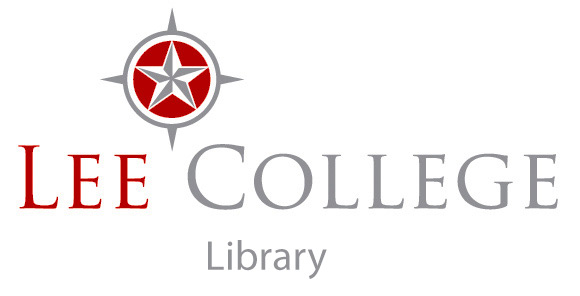Ask a Lee Librarian
How do you know what kind of sources to look for?
Ask yourself these questions before you start your research:
- Do I know enough about my topic to choose meaningful search terms?
- Reference books such as encyclopedias are useful sources for learning basics about a topic before starting your research.
- Does it matter how old your sources are?
- Should you use sources dating from the beginning of time to the present?
- Do you only want the most current information?
- How specific is your topic?
- Are you giving a broad overview of the topic?
- Do you need in-depth research on the topic?
- Who counts as a credible writer on this topic?
- Does the writer need to be an expert in the field? What kind of credentials will prove that this person is an expert?
- Is it okay for the writer to be a non-expert who cites his/her sources well?
Literary terms
E-books that explain literary terms:
Here are some websites that offer definitions of literary terms:
Shelf of books
Evaluating periodical sources
Internet sites:
- Audience: varies
- Reading level: varies
Strengths:
-
Widely and easily available
-
MAY be very current -- depends on the author
Weaknesses:
-
No substantive content parameters. Responsibility is on the reader to judge reliability, accuracy and timeliness of information.
-
Content may be influenced by advertisers.
Newspapers:
-
Audience: General Public
-
Reading level: Low to moderate
-
Short articles, generally not very in-depth
Strengths:
-
Very current
-
Best source for local news and events
-
Articles are fact-checked and edited (by other journalists)
Weaknesses:
-
Quick publication deadlines may affect accuracy
-
Content may be influenced by advertisers
Popular magazines:
-
Audience: General Public
-
Reading level: Moderate to low
-
Short to medium length articles
Strengths:
-
Relatively widely available
-
Often subscription rates are reasonably priced
-
Easy to read
Weaknesses:
-
Writers usually not subject experts
-
Content may be influenced by advertisers
Trade publications:
-
Audience: Professionals in a specific field
-
Reading level: Medium
-
Short to medium length articles
Strengths:
-
May contain professional association or continuing education resources
-
May contain job search resources
-
Ads are usually limited to products and services within the field of interest.
Weaknesses:
-
May be hard to access outside of an academic library or unless you buy your own subscription.
-
Subscriptions may be expensive.
-
Subject matter may be extremely technical or of limited interest to readers outside of that field.
Scholarly or Peer-reviewed publications:
-
Audience: Scholars and researchers in a specific subject area
-
Always contain source citations
-
Reading level: High
-
Long articles
Strengths:
-
Reliable content. Articles are written and edited by experts in the field
-
In-depth examination of subject matter
-
Readers can use article citations to identify other important researchers in the field
Weaknesses:
-
May be hard to find outside of an academic library
-
Expensive subscription price
-
Writers often less concerned with readability than in other publication types
-
Slower publication rate -- Usually quarterly or biannually
-
Articles may require specialized knowledge to understand

